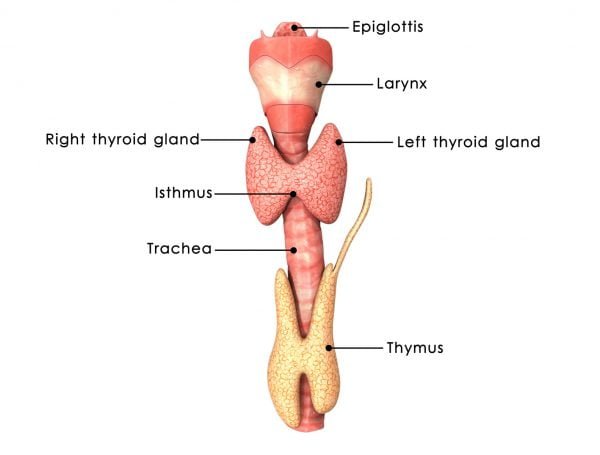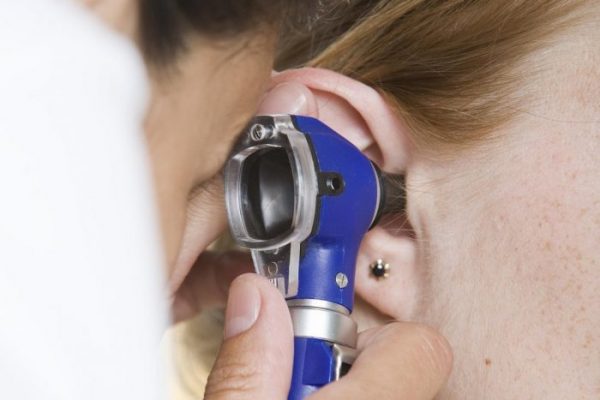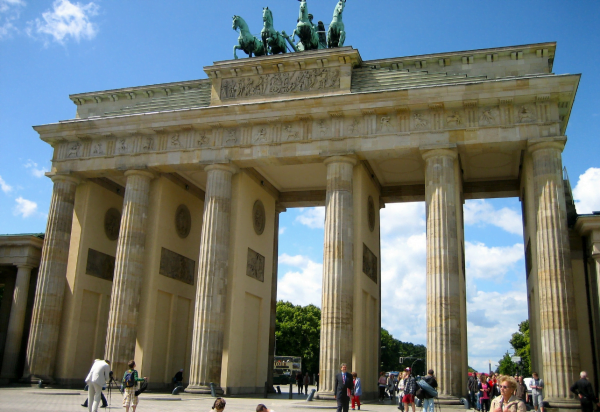ABOUT THYROIDECTOMY
A thyroidectomy is a surgical procedure performed to remove either part of, or all of the thyroid. The thyroid is a gland located over the larynx, around the trachea and functions to produce hormones which are released into the blood stream to regulate the body’s metabolism.
The thyroid may need to be fully or partially removed if the patient has thyroid cancer, an overactive thyroid, nodules, cysts in the thyroid, or an enlarged thyroid that is obstructing breathing.
When all of the thyroid gland is removed, it is referred to as a total thyroidectomy and involves removing the entire gland, as well as the surrounding lymph nodes. Patients who have a total thyroidectomy will need to take replacement thyroid hormone medication.
When part of the thyroid is removed, it is referred to as a thyroid lobectomy or partial thyroidectomy and involves removing one of the thyroid lobes and leaving the rest in tact.
Recommended for
- Thyroid cancer
- Hyperthyroidism (overactive thyroid)
- Goiter (enlargement of the thyroid)
- Thyroid cysts
TIME REQUIREMENTS
- Number of days in hospital: 1 – 2 days
- Average length of stay abroad: 12 – 14 days.
Patients will need to return to the hospital to have the incision site checked and should not fly for around 2 weeks after the surgery to allow time to heal.
- Number of trips abroad needed: 1.

COMPARE THYROIDECTOMY PRICES AROUND THE WORLD
| Country | Cost |
|---|---|
| United States | 16000€ |
| Mexico | 4127€ |
| Thailand | 2828€ |
| Turkey | 2440€ |
| Poland | 1833€ |
| Hungary | 1810€ |
| Tunisia | 1200€ |
| India | 822€ |
HOW TO FIND QUALITY TREATMENT ABROAD
BEFORE THYROIDECTOMY ABROAD
Patients should prepare any questions or concerns that they may have before the surgery that they can discuss with the doctor.
Ahead of the surgery, patients are usually advised to refrain from eating and drinking in the hours preceding the surgery, in order to prepare for the general anesthetic.
HOW IS IT PERFORMED
The patient is administered with a general anesthetic before the surgery begins. There are 3 different surgical techniques which can be used to perform a thyroidectomy.
Conventional open surgery is the traditionally used surgical technique, whereby the surgeon will begin by making a 4 to 6cm horizontal incision across the neck to gain access to the thyroid. Depending on the patient, either all of the thyroid, or one lobe of the thyroid is then removed. If the thyroid is being removed due to cancer, then the surrounding lymph nodes are examined and are likely to be removed.
The surgery can also be performed endoscopically which is a minimally invasive surgical technique, meaning rather than making one large incision across the neck, smaller incisions are made, through which an endoscope is inserted. The surgeon then uses the endoscope as a guide to locate the thyroid, and small instruments are attached to remove the thyroid.
The surgery can also be performed robotically which is a relatively new minimally invasive surgical technique and involves the da Vinci Surgical System. Rather than making an incision in the neck, the surgery is performed by accessing the thyroid from the armpit. A small incision is made under the arm, through which the robotic hands and camera are inserted and are controlled by the surgeon to remove the thyroid.
Once the thyroid is removed, the incision site is then closed with sutures and a sterile dressing is applied. If the incision was made in the neck, then a draining tube may be inserted to drain excess fluid.
Anesthesia
General anesthetic.
Procedure duration
The Thyroidectomy takes 1 to 3 hours.

WHAT TO EXPECT AFTER THYROIDECTOMY
Post procedure care
After the surgery, patients are taken to the recovery area and the breathing tube that was put in place before the surgery, is then removed. The surgical drain may be kept in place for the first day after the surgery. An IV drip may remain in place for the first day after the surgery to deliver food as swallowing will be painful.
Patients should keep the incision site clean and will be given antibiotics to prevent infection, as well as medication to relieve any pain.
If the entire thyroid is removed, patients will need to take thyroid hormone replacement medication. When part of the thyroid is removed, the patient may require a lower dose of hormone replacement medication.
IMPORTANT THINGS TO KNOW ABOUT THYROIDECTOMY
Potential risks
- Bleeding
- Infection
- Change in voice
- Airway obstruction














